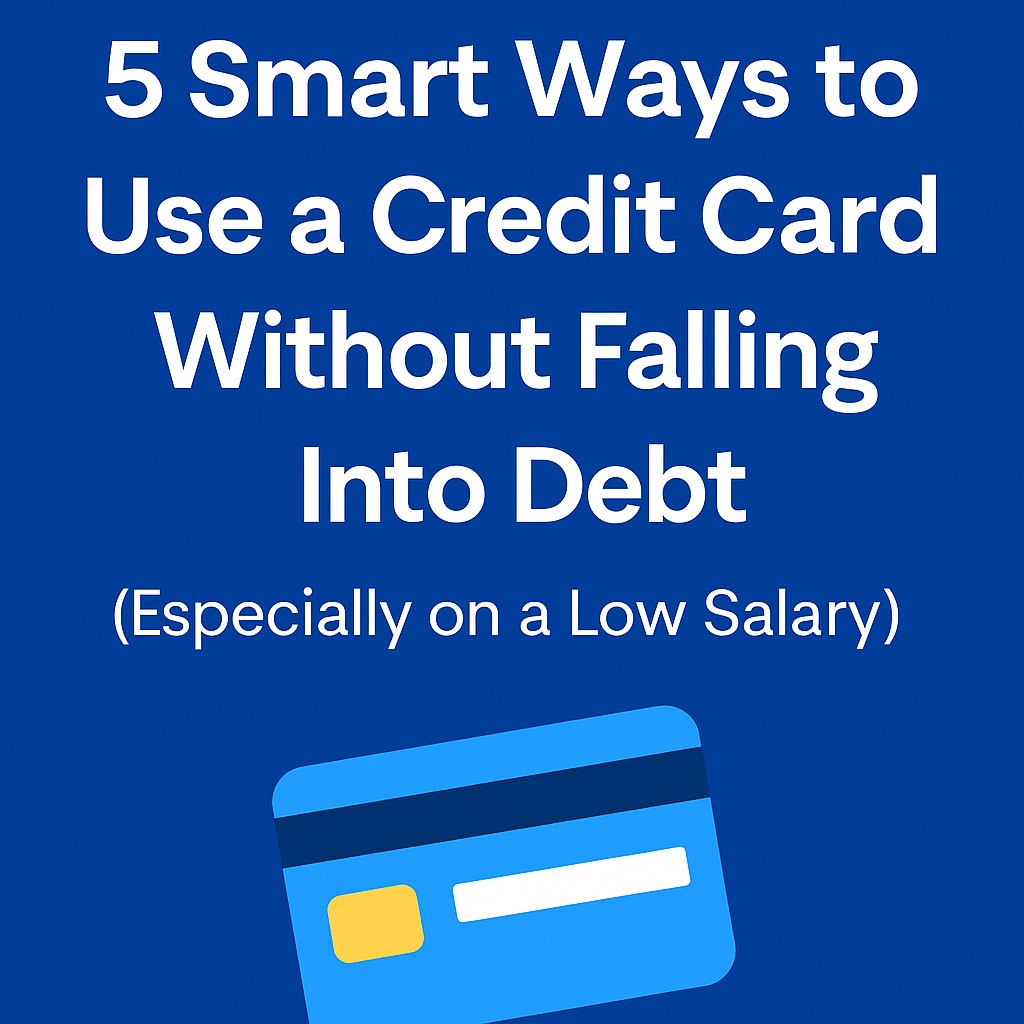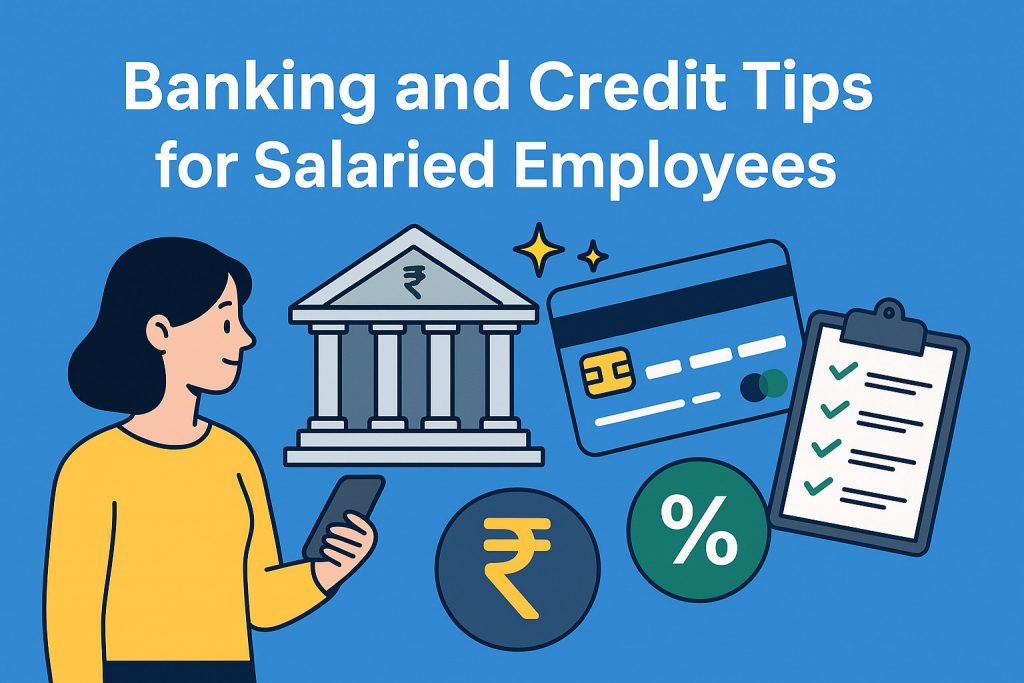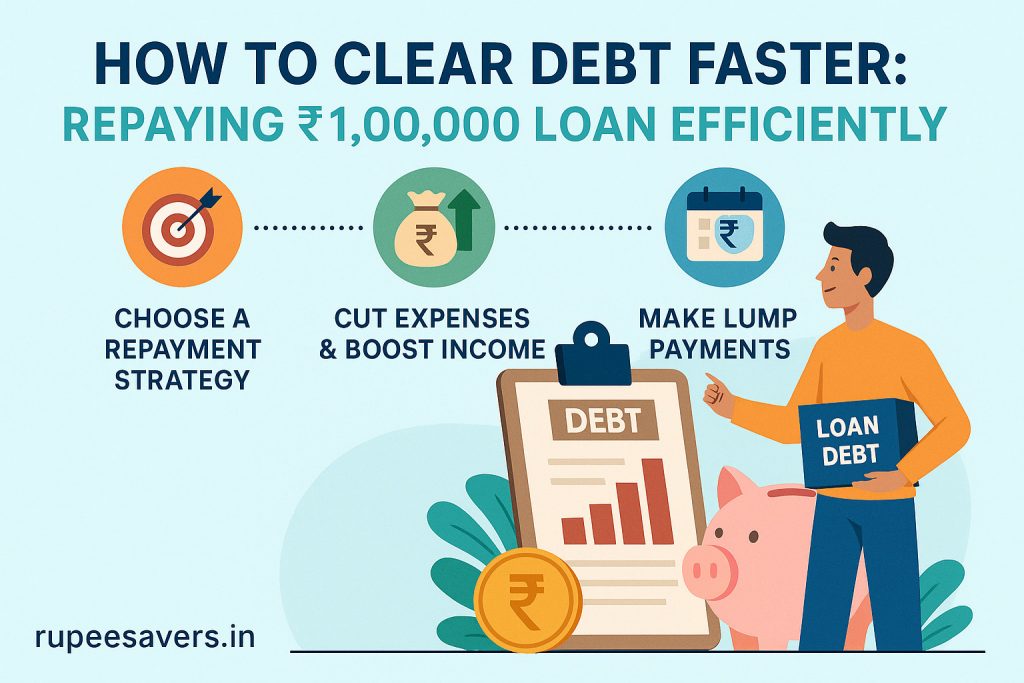Introduction: Why Credit Card Hacks Can Be a Game Changer
In today’s world, credit cards are more than just plastic payment tools — they’re gateways to travel perks, cashback rewards, and financial flexibility. However, without the right strategy, they can also become traps that lead to spiraling debt. The key lies in understanding how to use credit card hacks responsibly — maximizing rewards while maintaining financial discipline.
Whether you’re a seasoned credit card user or a beginner, knowing the right hacks can help you turn every dollar you spend into tangible benefits like free flights, hotel stays, or even cashback.
Understanding the Basics of Credit Card Rewards
How Credit Card Reward Systems Work
Credit card companies offer reward programs to encourage spending. These programs may include cashback, points, or miles, which can be redeemed for travel, statement credits, or gift cards. The real trick lies in understanding your card’s earning structure — some offer higher rewards for specific categories like dining, groceries, or fuel.
Common Types of Reward Programs
- Cashback Programs – Earn a percentage of your purchases back as cash.
- Travel Rewards – Points that can be used for flights, hotels, or upgrades.
- Points-Based Programs – Flexible points that can be redeemed for a variety of items.
- Retail Partnerships – Special discounts or bonus points when shopping with certain merchants.
The Psychology Behind Credit Card Spending
Credit cards make it easy to overspend because you’re not physically parting with cash. Knowing this psychological trap helps you stay aware of your spending habits and prevents reward chasing from becoming debt accumulation.
Smart Credit Card Hacks for Everyday Users
Credit Card Hacks #1: Match Your Card to Your Lifestyle
Choose a card that complements your habits. If you travel often, get a travel card. If you spend mostly on groceries and fuel, a cashback card might be your best bet. Aligning your spending categories with reward structures maximizes your returns.
Credit Card Hacks #2: Leverage Welcome Bonuses Wisely
Most premium cards offer sign-up bonuses if you meet a spending requirement in the first few months. Plan big purchases during this time to hit the target without unnecessary spending.
Credit Card Hacks #3: Stack Cashback and Discount Offers
Combine your card’s cashback offer with merchant deals, coupon codes, and third-party cashback portals. This “stacking strategy” can sometimes result in double or even triple rewards.
Credit Card Hacks #4: Automate Payments to Avoid Interest
Set up automatic payments for at least the statement balance to avoid late fees or interest. Credit card interest can easily cancel out your hard-earned rewards.

Advanced Credit Card Hacks Strategies for Power Users
Travel Rewards and Airline Miles Optimization
Use travel credit cards for booking flights and hotels to earn bonus miles. Pair this with frequent flyer programs for even more value. Redeem points strategically — not every redemption is equal in value.
Rotating Category Cards and Maximizing Seasonal Offers
Some cards change reward categories quarterly (e.g., groceries, dining, gas). Keep track of these changes and shift your spending accordingly.
Combining Multiple Credit Cards for Maximum Value
The “credit card trifecta” strategy involves using three cards — one for travel, one for dining, and one for everyday purchases — to maximize every spending category.
Using Business Credit Cards for Personal Benefits (Legally)
If you own a small business or freelance, business credit cards can help separate expenses while offering premium rewards. Always use them ethically and within IRS guidelines.
Avoiding the Debt Trap: Responsible Credit Management
The Hidden Costs of Minimum Payments
Paying only the minimum amount due can lead to mounting interest charges. Always pay your balance in full whenever possible.
How to Maintain a Healthy Credit Utilization Ratio
Your credit utilization ratio (the amount of credit used vs. available limit) should ideally stay below 30%. Keeping it low improves your credit score and financial health.
Strategies to Pay Off Balances Without Hurting Your Score
Consider the avalanche method (paying off high-interest debt first) or the snowball method (clearing smaller debts first) to build momentum.
Monitoring and Protecting Your Credit Health
Using Credit Monitoring Tools and Apps
Apps like Credit Karma or Experian can track your credit score, flag unusual activity, and recommend ways to improve.
Recognizing and Avoiding Credit Card Fraud
Stay alert for phishing emails, unauthorized transactions, or fake customer service calls. Regularly reviewing statements helps catch fraud early.
How to Dispute Unauthorized Transactions
Report fraudulent activity immediately to your bank. Under Fair Credit Billing Act (FCBA) protections, you’re typically not liable for unauthorized charges.
Common Myths About Credit Cards — Busted!
- Myth 1: “You should never have more than one card.”
Reality: Multiple cards can actually improve your score if managed properly. - Myth 2: “Carrying a balance improves your score.”
Reality: It doesn’t. Paying in full is better for both your score and wallet. - Myth 3: “Canceling old cards helps your credit.”
Reality: Older accounts improve your credit history length — don’t cancel them unless necessary.
Building a Long-Term Strategy for Credit Card Success
To truly maximize rewards and avoid debt, set realistic goals. Track your spending, evaluate your cards yearly, and switch or downgrade if fees outweigh benefits.
FAQs About Credit Card Hacks
- What’s the best credit card for beginners?
Look for no-annual-fee cashback cards with simple reward structures. - Can I use multiple cards for different purchases?
Yes! Just ensure you can manage payments and track rewards efficiently. - Do credit inquiries hurt my score?
A single inquiry has minimal impact, but frequent applications can lower your score temporarily. - Is it worth paying an annual fee?
If the rewards exceed the fee (especially with travel cards), it’s often worth it. - How do I rebuild credit after debt?
Start with a secured credit card, make small purchases, and pay on time. - Can credit card rewards be taxed?
Usually no — unless earned through business activity or bonuses unrelated to spending.
Conclusion: Smart Spending Leads to Financial Freedom with Credit Card Hacks
Using credit cards smartly can unlock free travel, cashback, and convenience — all without falling into debt. Remember, rewards are only valuable when you’re debt-free. With discipline, strategy, and the right knowledge, credit card hacks can truly transform your financial life.
👉 For more on managing credit responsibly, visit Consumer Finance Protection Bureau (CFPB)
See also How to earn passive income in india 7 proven-methods



